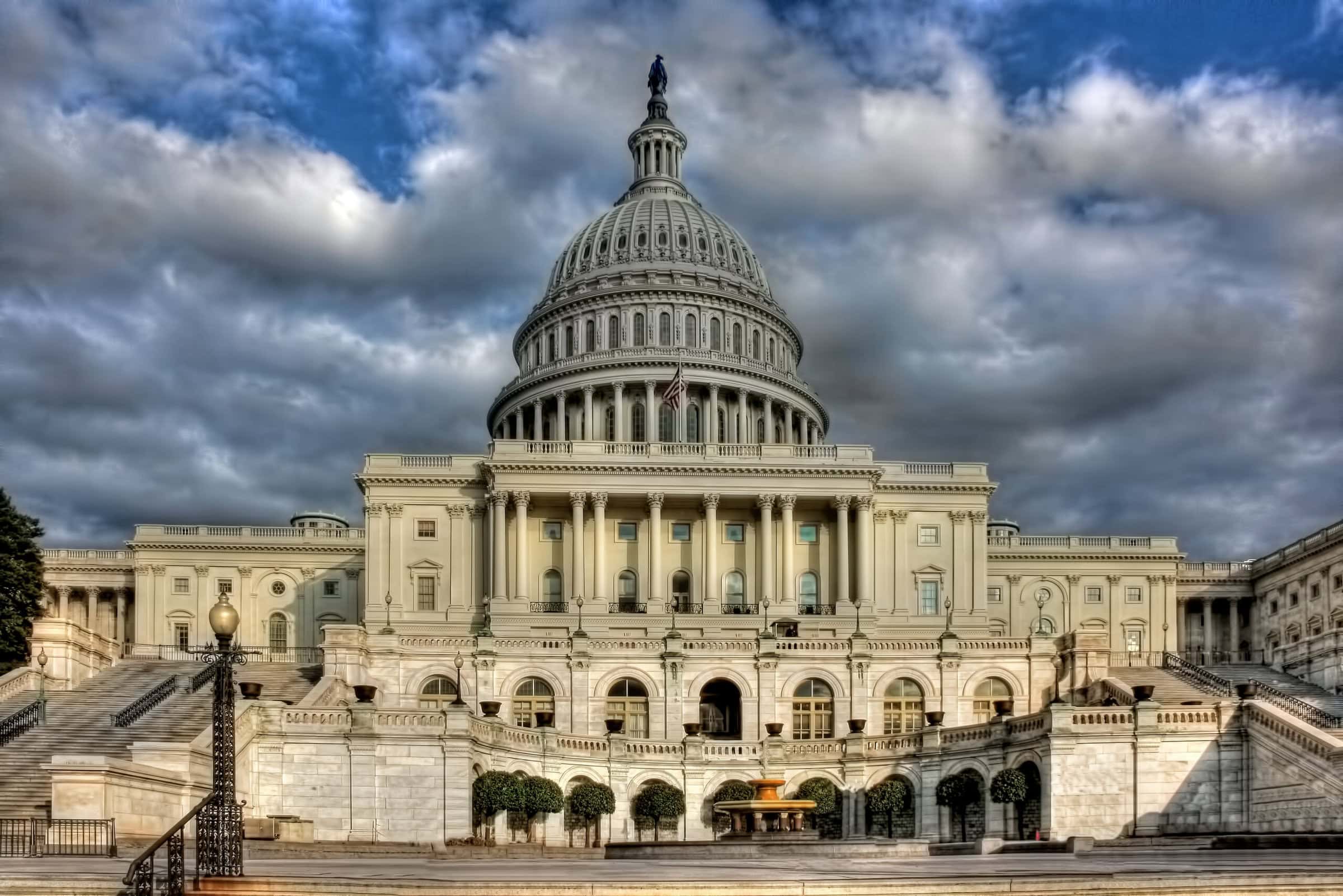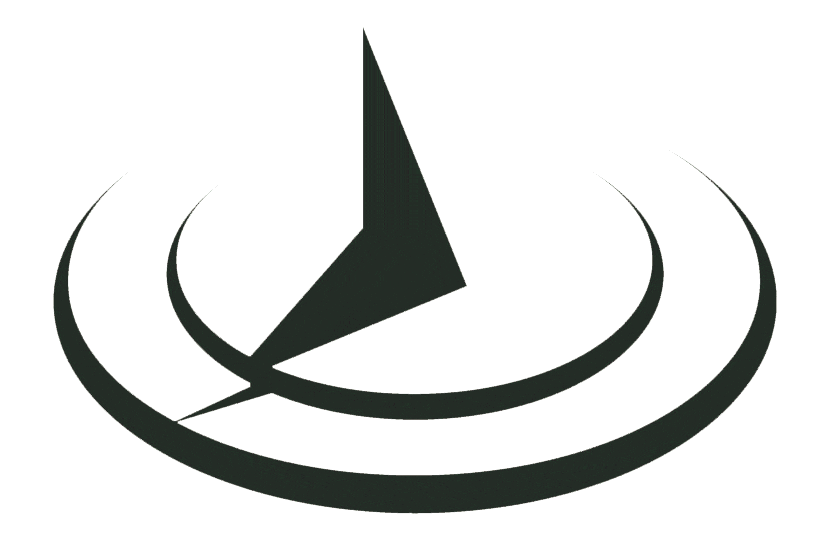The National History Center, an initiative of the American Historical Association, has received a grant of $250,000 from the Andrew W. Mellon Foundation to enable the Center to conduct, in active collaboration with the Library of Congress, two international research seminars in 2006 and 2007 that will focus on the history of decolonization in the 20th century.
“We are delighted by this magnificent financial commitment by the Andrew W. Mellon Foundation to enable historians at the beginning of their careers to explore one of the seminal set of events in the 20th century,” said Wm. Roger Louis, the chair of the National History Center’s board of trustees. Louis, the Kerr Professor of English History and Culture and Distinguished Teaching Professor at the University of Texas at Austin, and a noted historian of the British Empire (he was the editor in chief of the recently published five-volume Oxford History of the British Empire), will direct the seminars. He believes, he said, “that the seminars will not only contribute to our understanding of the history of decolonization but will also further the academic aims of the National History Center.” Arnita A. Jones, the executive director of the American Historical Association (who is also the secretary-treasurer of the National History Center’s board of trustees), said that she too was immensely pleased to hear about the grant, and stated that “the seminar series can help us establish the background for some of the critical problems the world faces today, and can thus serve as a significant complement to the public programming the Center has already undertaken.”
The participants in the seminars will be guided in all their efforts by the seminar leaders—Julia Clancy-Smith (Univ. of Arizona), Dane Kennedy (George Washington Univ.), Joseph Miller (Univ. of Virginia), Pillarisetti Sudhir (AHA), and Marilyn Young (New York Univ.)—who will bring various kinds of expertise in the field to share with those taking part in the seminar’s activities.
The first of the seminars will meet July 10–August 4, 2006, in Washington, D.C. (in premises generously provided by the Library of Congress) and will allow participating historians to engage in the common pursuit of knowledge about various dimensions of decolonization while also conducting research in the Library of Congress, the National Archives, and other repositories of research materials in the capital city. Although examples of decolonization can be found in the 18th and 19th centuries as well, these two seminars will focus on 20th-century transitions from colonies to nations, primarily in Asia, Africa, and the Caribbean.
It is expected that many of the 15 participants—selected after a worldwide call for applications—will come from the new postcolonial states as well as the former metropoles, and that they will thus bring to the seminar multiple viewpoints and historical perspectives. The structure and curriculum of the seminar is designed to enable the participants to take away not only new ideas about the topic and knowledge about new research methods, but also new skills in communicating their ideas to peers and to the public. That is, the seminars will serve as workshops and as research forums, not just facilitating the interchange of ideas, but also helping to develop, through mutual interaction and collegial criticism, more finely honed writing skills, an aspect that is often ignored in such academic settings.
The National History Center, created in 2002 by the American Historical Association, is a public trust dedicated to the advancement of historical knowledge in academe as well as in the public realm. The Center is steadily gathering support, and has already launched several academic programs, including special sessions at the annual meetings of the AHA and more recently a series of breakfast seminars on policy issues for members of Congress and their staffs. In 2006 the Center will also hold a national conference on history education policy. “But the summer seminars are our most ambitious undertaking so far,” said Louis. “If the first two seminars fulfill our expectations in terms of academic achievements, we hope to continue the series beyond 2007,” he declared, and added, “The issues are so complex and so numerous that they bear an extended investigation, and besides, there are other time periods and geographical regions that need to be examined too.”
The Library of Congress, a cosponsor of the seminar series, is not merely the venue of the seminars. With its unparalleled collections that span the worlds of scholarship, the library will prove to be a rich treasure of research resources for the participants, especially with the guidance of the library’s expert curators and area specialists. Welcoming the news of the Mellon Foundation’s grant, Deanna Marcum, the associate librarian for library services at the Library of Congress, declared, “Reconsiderations of the legacies of imperial and colonial rule and the birthing of independent states is indeed a timely topic—one that the Library’s materials can support in great depth. We are happy to participate in developing a new generation of researchers with these worldwide interests.”

